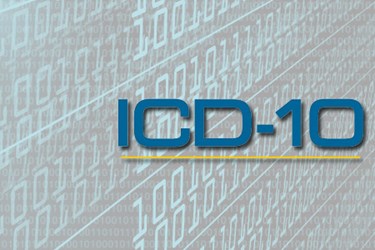Providers Fall Behind In ICD-10 Testing

By Katie Wike, contributing writer

According to an eHealth Initiative survey conducted in conjunction with the American Health Information Management Association, providers ICD-10 preparedness is lacking.
While most providers have completed many of the necessary steps to transition to ICD-10, the results of an eHealth Initiative survey – conducted in conjunction with the American Health Information Management Association – indicate providers are still behind when it comes to testing. According to Health Data Management, many providers say they will continue to work on the transition after the official date.
Researchers surveyed 271 providers and found many had not completed all stages of testing:
- 50 percent said they have conducted test transactions with payers and clearinghouses
- 34 percent said they have completed all internal testing
- 17 percent said they have completed all external testing
In addition, iHealth Beat reports providers have taken other steps to prepare for the transition:
- 78 percent said they are providing ICD-10 resources and educational materials to their staff
- 73 percent said they are creating teams to assess readiness and make implementation preparations
- 72 percent s said they are training staff on ICD-10 use
- 66 percent said they are updating their systems to support ICD-10 codes
- 64 percent s said they are reviewing internal processes and workflows
“It’s very concerning that about 14 percent of physician practices and almost 12 percent of the small organization category have not completed any of the steps to prepare for ICD-10,” said Sue Bowman, AHIMA’s senior director of coding policy and compliance. “That is extremely concerning since it is now mid-June and the October 1 compliance date is fast approaching.”
To combat the workflow disruption expected to accompany the transition to ICD-10, providers said they would do the following:
- contracting outsourced coding companies
- hire additional coders
- purchase computer-assisted coding tools
- autocode from electronic health record templates
Bowman noted that “quite a few healthcare organizations still have not conducted a revenue impact assessment,” which she said is a “key step to understanding exactly how your organization’s revenue is going to be impacted on October 1.”
